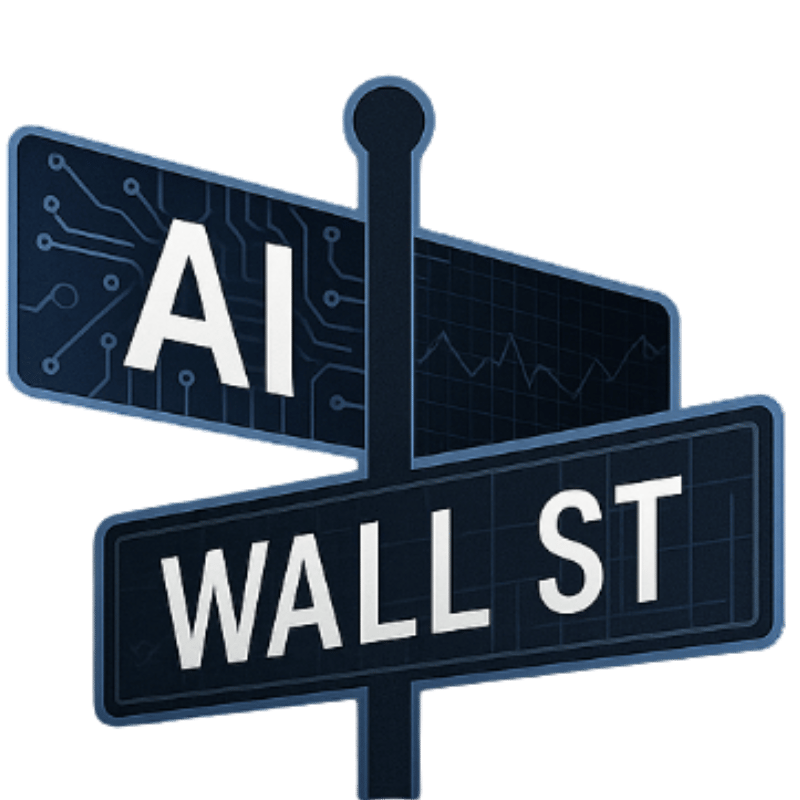Turning Computing Power Into a Tradable Asset
Hey, it’s Matt. This week on AI Street:
🎤 Interview with Silicon Data’s Carmen Li
📏 Trump rolls back Biden-era AI rules
💸 AI to transform finance within decade: Altman

Hey, it’s Matt. This week on AI Street:
🎤 Interview with Silicon Data’s Carmen Li
📏 Trump rolls back Biden-era AI rules
💸 AI to transform finance within decade: Altman
